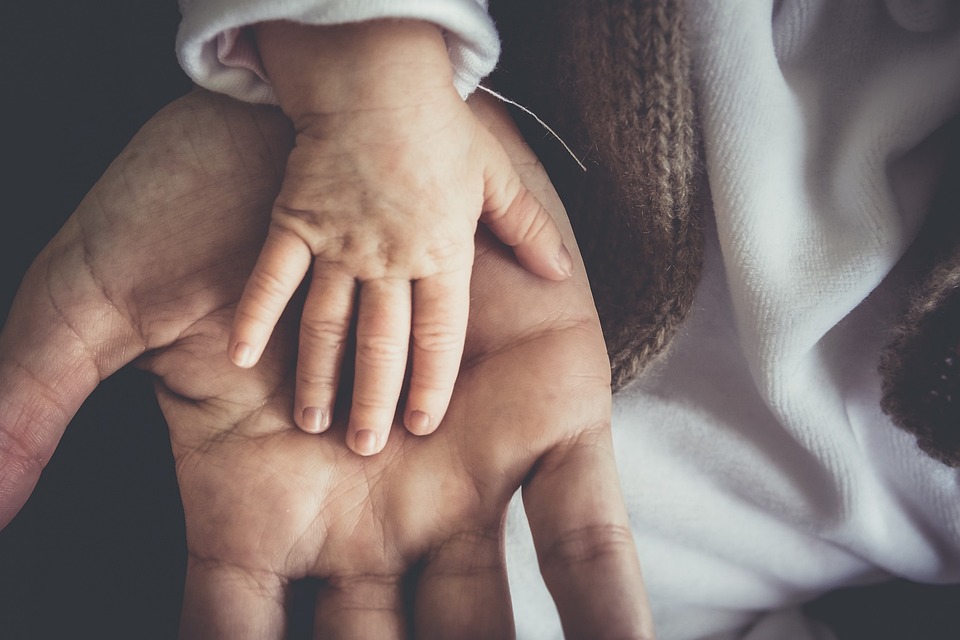The measure of a human
What makes you "successful"?
Is it being able to buy a $1,200 hoodie from Givenchy?
Is it having your house decked out with the most up-to-date, $50,000 audio system?
Is it having entre to the most swanky parties in Bel Air or the Upper East Side?
Let me tell you a story.
I was a children's librarian for nine years. (I've since been promoted to Lead Reference, which is basically acting manager.) I had never trained to be a children's librarian. I had never taken children's courses in grad school. And the regional administrator who hired me for a different position was adamant that he wouldn't place anyone in such a position who wasn't fit for it, because they'd be miserable and the kids would be miserable.
So what happened? The position for which I was hired went away, and I was transferred to a different library to be their children's librarian.
Now, I could have pouted. I could have bemoaned my fate. But, I was in the career I wanted, and I sucked it up and saw this as a challenge to be accepted. To paraphrase Henri of Navarre, a government job with sweet government benefits was well worth a Storytime.
So, I buckled down. Our regional youth services coordinator worked with me for a month, giving me a crash course on children's librarianship. I consumed picture books to see which ones I felt comfortable reading to the kids. I studied up on performers to hire for programming. I made cooing sounds with the Friends group which would fund much of my programming. I did the work.
And then when I began being a real children's librarian? Oh, my friends, the rewards were indescribable. I looked askance at singing. I sang my heart out. I was mortified by being silly. I became the silliest man alive. I, finally, came out of my shell and became the ham I was destined to be. I was loud. I was boisterous. And I was full of love for these little children. I knew that not only was I their librarian, but I was a positive male role model. I could show them that being a man didn't have to mean being mean and dour. That men could be happy and carefree and loving. I could show the little boys who came to my library that they could own their emotions. It was fine to cry. It was fine to laugh. It was fine to be filled with joy and wonder.
And I know that, years from now, when these children have children of their own, they will, in part, take them to the library because of the experiences they had with me. That silly bald LL who made them laugh and got them to dance and filled them with joy. Who found the books they didn't know they would love. Who gave them hugs. Who, hopefully, taught them that the world was a wonderful place which needed to be explored into all its recesses.
Wealth and fame are transitory. They're fleeting. They're the vanities of vanities, as the Preacher sayeth. If you didn't use your wealth and fame for good, what was their purpose? If you didn't change one person's life for the better, then what was the point of your short time on this earth?
I'd like to believe in an afterlife of eternal peace. I doubt it exists. So I have to rely on the legacy I leave behind. And if the legacy I leave behind isn't one of improving the lives of those around me, what have I done? What have any of us done? How we are remembered is our legacy. When my ashes are subsumed in the waters of my beloved Pacific Ocean, I want only one thing to be thought of me: He was a good man. That's what my father taught me. That's what my mother taught me. It's what we should teach all those who come after us. It's what we should teach ourselves.
What is the measure of a human? That you've left the world a little bit better than it was when you came into it. That your life has affected another life for good, even if you never know it. The rest? The fripperies? They're phantoms, unreal ghosts. All that matters is the good—or bad—you've done. You do not want to be on the wrong end of that ledger.
